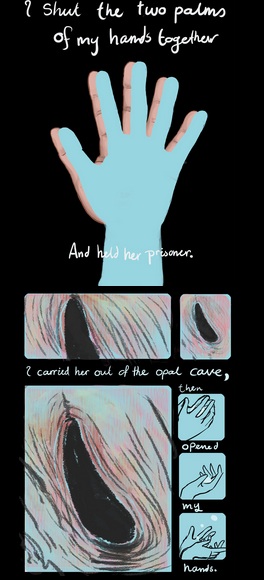transforming higher education toward connected and creative learning, open in content and access, participatory, and building on a growing range of experiments and innovations in networked learning.
These are innovative project worth hearing about from dedicated, creative people who are worth following. Speakers include Jim Groom, Martha Buris and Alan Levine, from the University of Mary Washington (USA). They are behind ds106, an online community as much as a course, that focuses on Digital Storytelling and online identity. Jonathan Worth, Matt Johnston, Shaun Hides and Jonathan Shaw (from Coventry University, UK) won for #Phonar (Photography and Narrative), which they teach to a place-based class linked via blogs, websites and social media to the world. Susanna Ferrell and Jade Ulrich (Scripps College, United States) have put together a DOCC (Distributed Open Collaborative Course), “DOCC 2013: Dialogues on Feminism and Technology“, which looks very promising. I am less familiar with the other winning projects, but I’m sure they are all worthy of our time and attention.
These initiatives challenge the dominant MOOC narrative, which has been captured by large (mostly private, for-profit) internet startups and elite universities, and they demonstrate how we can all innovate now, where we are, in our current institutions of higher education. Check out the winners’ websites and follow the symposium on Twitter (#ReclaimOpen, @DMLResearchHub). I assume the talks will be archived after the streaming of the presentations, so check the symposium website following the event.



